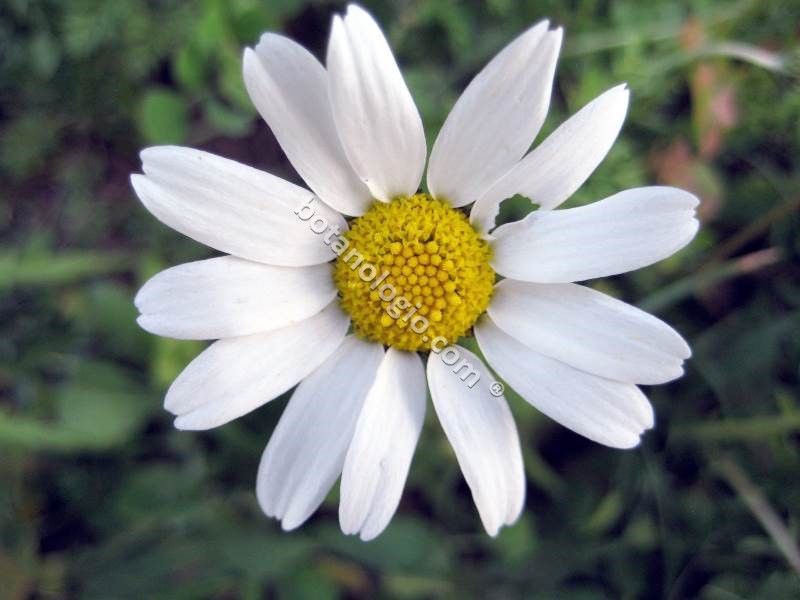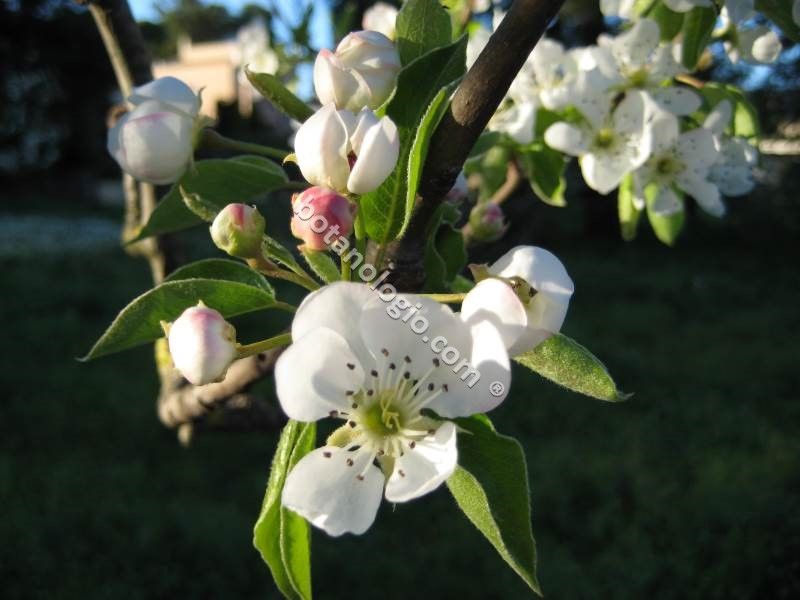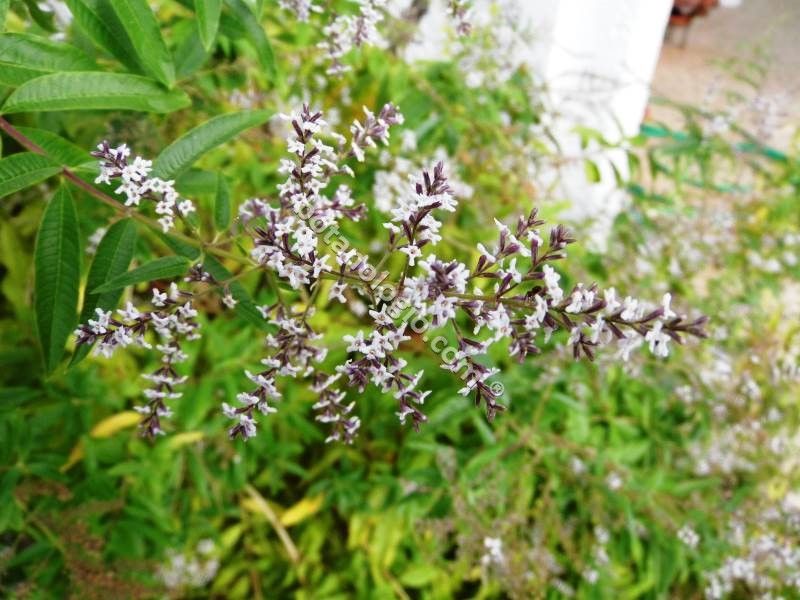Rosemary collection

Rosemary is a greek herb used widely in cooking, and has many therapeutic applications and properties. It is an aromatic herb, indigenous to the Mediterranean and Southern Europe, while it is a woody, perennial plant that decorates with its green leaves or gardens throughout the year.
Its leaves are thin and sharp, while the flowers are bright blue-purple, with few exceptions to its varieties, small and strongly aromatic like its leaves. The curative part of the rosemary is the leaves, which are preferably collected during the flowering period.
Collection of course can be held all year round but the summer season is the best as the levels of essential oil are at their peak. Drying needs a shady, dry environment. From rosemary we can get rich essential oil, rosemary oil, extract, tincture and infusion.
Cultivation of rosemary is easy, while the two main species are upright shrubs and those that grow as ground covers, known as creeping rosemary. It needs alkaline soil, with good drainage, sun but protection from strong air.
It contains rosmarinic acid, folic acid, riboflavin, very good amounts of vitamin A, vitamin C, iron, while it is a rich source of metals and trace elements, flavonoids and tannin. The dried rosemary, is stronger in taste than the fresh.
Read more about the medicinal uses of rosemary and the cosmetic uses of rosemary!
essential oil rosemary, flavonoids, greek herbs, herbs, herbs nutritional value, rosemary, rosemary collection, rosemary herb, rosemary oil, tannins, trace elements





